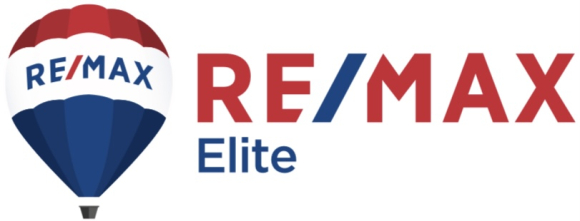
The Importance of Inventories, Check-Ins, Mid-Term Inspections, and Check-Outs for Landlords
Why Inventories, Check-Ins, Mid-Term Inspections, and Check-Outs are Essential for Landlords
Renting out a property can be both rewarding and challenging. To protect your investment and maintain a harmonious relationship with your tenants, certain practices are non-negotiable. Let's dive into why inventories, check-ins, mid-term inspections, and check-outs are so important.
Inventories: The Foundation of Accountability
An inventory is a detailed list of the property's contents and condition at the start of a tenancy. It's more than just a formality—it's a crucial document for several reasons:
- Prevents Disputes: A well-documented inventory helps avoid conflicts over property conditions and contents at the end of the tenancy.
- Protects Your Investment: By recording the property's condition, you can easily identify and claim for damages or missing items.
- Legal Backup: In case of disputes, a thorough inventory serves as legal evidence in deposit protection schemes or small claims courts.
Check-Ins: Setting the Right Tone
Check-ins are the first official interaction between you, your tenant, and the property. Here's why they're vital:
- Ensures Agreement: Both parties agree on the inventory and the property's condition.
- Clarifies Responsibilities: Discussing maintenance responsibilities and other rules sets clear expectations.
- Builds Trust: A thorough check-in process shows tenants that you care about the property and their living conditions.
Mid-Term Inspections: Keeping Things on Track
Regular inspections during the tenancy are essential for several reasons:
- Maintains Property Condition: Early detection of maintenance issues prevents them from escalating.
- Ensures Compliance: Ensuring tenants adhere to the lease terms prevents potential disputes and damages.
- Fosters Communication: Regular contact helps maintain a positive landlord-tenant relationship, making tenants more likely to report issues promptly.
Check-Outs: Closing the Chapter Right
The check-out process is just as important as the check-in. Here's why:
- Final Condition Assessment: Comparing the property's condition at check-out with the initial inventory helps determine fair deposit deductions.
- Smooth Transition: Addressing any issues before the next tenancy ensures the property is ready for new tenants, minimizing vacancy periods.
- Avoids Disputes: A clear, agreed-upon process for assessing the property's final condition helps prevent disagreements over deposit returns.
Why Landlords Must Keep Agents Updated
Your agents play a crucial role in managing your property. Ensuring they're up-to-date with these practices is essential for several reasons:
- Consistency: Up-to-date agents ensure consistent application of these practices, providing a seamless experience for tenants.
- Efficiency: Well-informed agents can handle issues promptly, reducing the risk of prolonged vacancies or unresolved disputes.
- Compliance: Keeping agents informed about the latest regulations and best practices ensures your property management aligns with legal requirements.
Tips for Keeping Agents Informed
- Regular Training: Schedule periodic training sessions to keep agents updated on the latest industry standards and regulations.
- Clear Communication: Maintain open lines of communication, providing updates on any changes in your property management policies or expectations.
- Utilize Technology: Leverage property management software that includes reminders and updates on inspections, check-ins, and check-outs.
Conclusion: Protecting Your Investment
By prioritizing inventories, check-ins, mid-term inspections, and check-outs, and ensuring your agents are well-informed, you safeguard your property, foster positive tenant relationships, and ensure a smooth rental process. Investing time in these practices pays off in the long run, protecting your investment and providing peace of mind.

